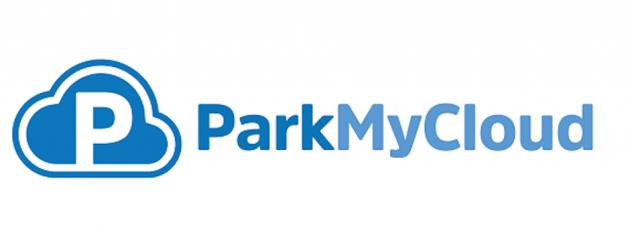ParkMyCloud, co-founded by Jay Chapel and Dale Wickizer, is a startup focused on helping companies with software infrastructure on Amazon Web Services (AWS), Microsoft Azure, and Google Cloud Platform control costs. In a development or other non-production environment, PMC can save a firm a significant amount of money by identifying their cloud-based resources – compute, storage, database – and provide a single point of view for control and cost management.
Importantly, and unlike some competitors, PMC’s SaaS platform does not involve installing software agents on their customers’ infrastructure for monitoring and control. Instead, PMC uses the cloud-native API’s and a software wrapper to containerize client software activity. A wrapper’s key technical advantage is that existing core functionality is not altered. So, PMC’s integration simplifies questions around cloud platform security. Thus, with no third party software agents running autonomously and a light wrapper for monitor and control, the path to authorization and implementation of PMC’s solution is greatly simplified.
PMC also has a clear product ecosystem. First, there is a 14-day free trial so potential customers can explore and evaluate all of PMC’s core set of functionality. Second, there are product categories labeled basic and standard which provide wider and deeper functionality than the free tier. Finally, there is an enterprise tier for large platforms and custom needs. PMC’s product and pricing clarity is meaningful because the firm sells to DevOps, IT, and operations technology professionals. They are key decision makers, actively manage cloud-based infrastructures and have a low threshold for a heavy sales approach. PMC does not market and message to C-level professionals.
In addition, PMC’s product and pricing strategy stands in contrast to some competitors who focus on selling a wider and more intrusive set of solutions – cost visibility, reporting tools, security controls, brokers and asset management – to C-levels in a more top down, expensive approach.
Critically, the broader cloud management platform (CMP) space PMC operates in has already experienced some significant consolidation with companies like Cisco, Dell and Microsoft recently acquiring CMP platforms. Despite the enormous growth and hype in the broader cloud industry its still a relatively new IT trend, with less than 20% of enterprise applications currently running in the cloud. That consolidation speaks to the large IT rivals who have not clearly differentiated themselves in a competitive tools market.
As a strategist, what I find compelling about PMC is their understanding of the CMP industry structure and the drivers of profitability and competitive advantage. In addition, PMC is making clear trade-offs about what it is and is not going to do. These are core attributes of strategic differentiation and the focus on cost control as the cloud is utility.
So, while rivals have chosen to develop and offer a broader set of solutions, PMC has chosen to focus solely on cloud cost management. Competing solutions are intrusive with the deployment of third party agents throughout a cloud-based architecture, while PMC has moved in the opposite direction around APIs and wrappers only for a software light approach. A number of rivals sell to C-levels or VPs, reflecting solutions of greater complexity, a need for added approvals, and a buy-in from other stakeholders, while PMC sells directly to technology professionals. As a result, competing firms will have to organize their internal activities in ways that reflect their competitive positions vis-a-vis rivals in the CMP space. PMC has positioned itself within the industry in ways rivals will find difficult to replicate.
Essentially, PMC has chosen to focus their industry attention, organize their internal activities, and create a value proposition for customers around the largest frustration – cost management. None of the platform providers – AWS, Azure, and GCP – have any real incentive to solve this problem. Quite the opposite in fact. So, as their growing client lists reflects, PMC’s success will be defined by its focus on the cloud cost control process and providing customers large and small with ways for their diverse teams to manage resources and take action on their cloud-based infrastructures.
Contact Details:
jchapel@parkmycloud.com




